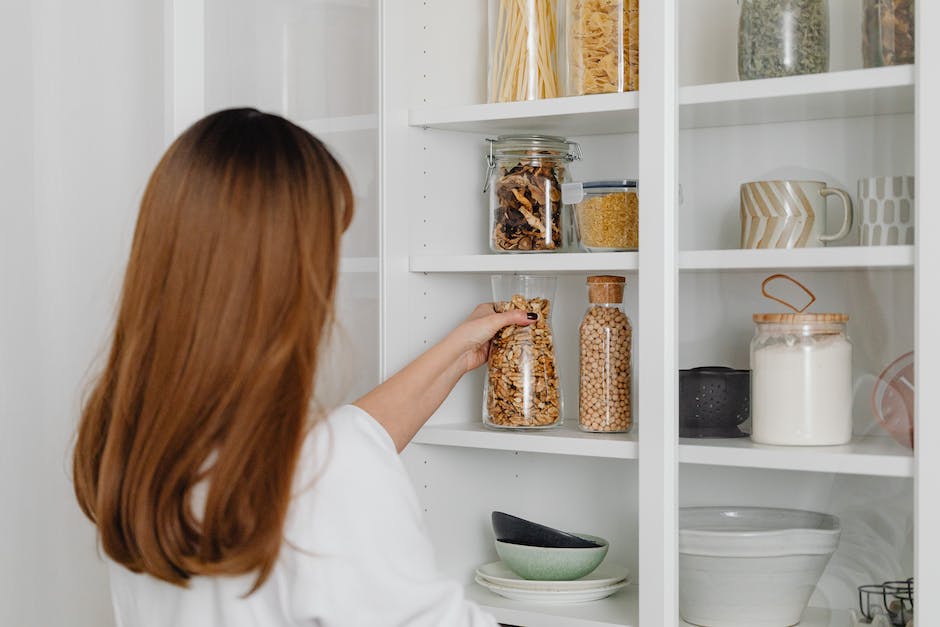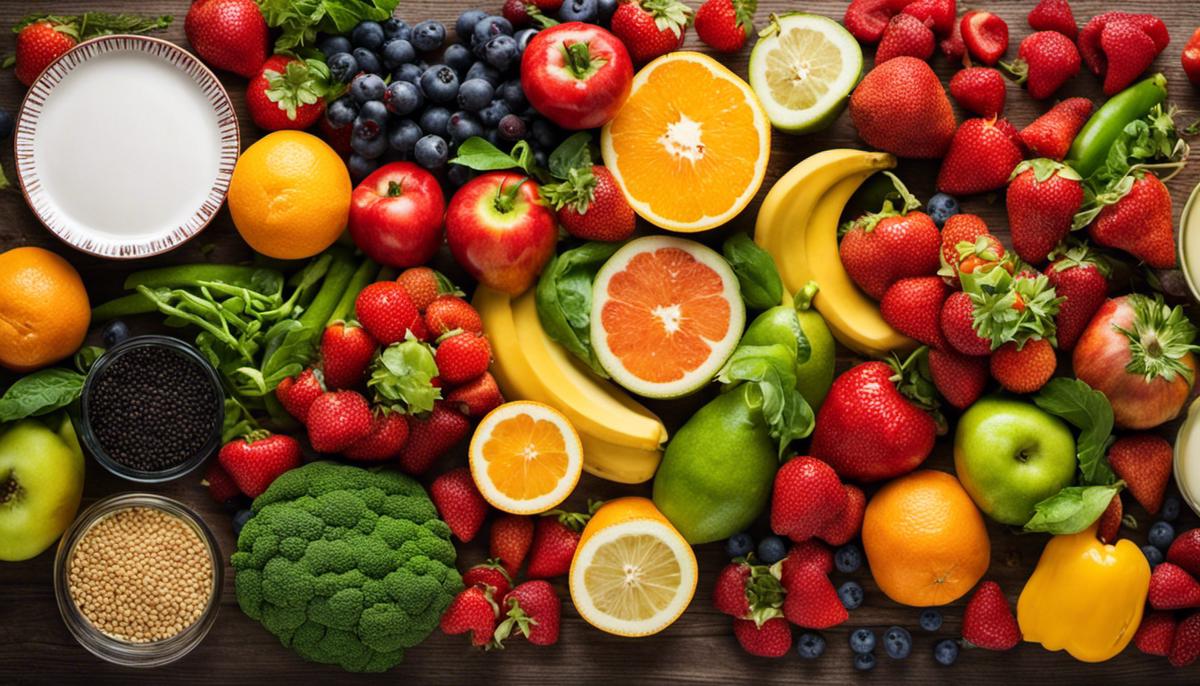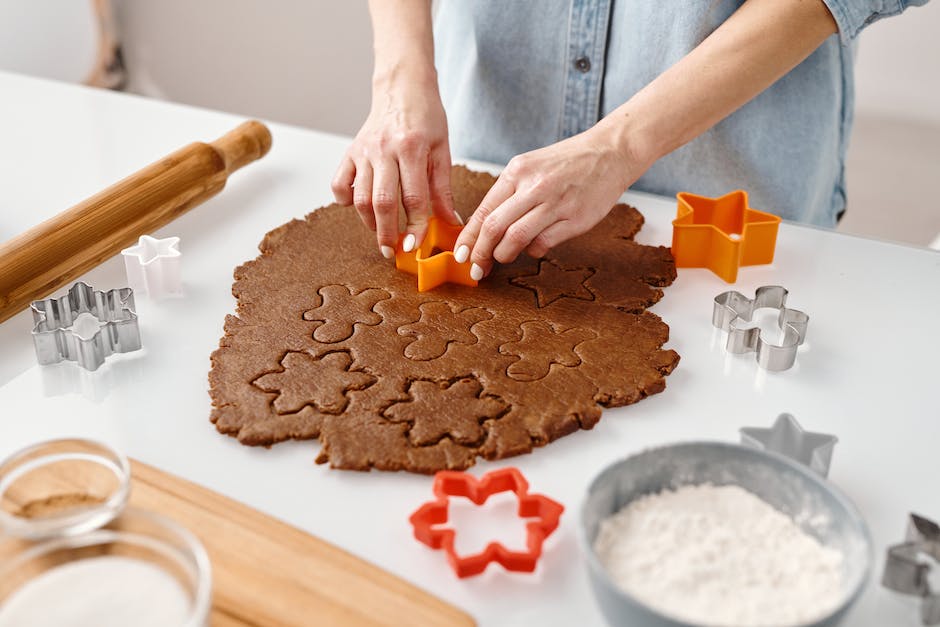Efficient Meal-Prep Ideas for a Healthy Week
The art of meal preparation, often abbreviated as meal prep, is an essential skill for those wishing to simplify their daily eating schedules while ensuring they maintain a balanced and nutritious diet.
The idea of mastering meal prep may seem daunting at first, but with the right knowledge and tools, anyone can turn this task into an easy, time-saving and rewarding routine. Starting with acquiring the basics of meal prepping: understanding how to proportion meals correctly, choose recipes that lend themselves well to being prepared ahead of time, and properly store food for later use.
Getting a deeper understanding of your body’s nutritional needs and how to develop a balanced meal plan will significantly affect the success and benefits of meal prepping. Enhancing your practical cooking skills, including learning various techniques and familiarizing yourself with kitchen tools, can improve the process’s efficiency and enjoyment.
Understanding Meal Prep Basics

Understanding Meal Prep Basics
Meal preparation or “meal prep” refers to the process of planning and preparing meals ahead of time. The goal can be to save time, control portion sizes, ensure a balanced diet, or all three. The first step in understanding meal prep is familiarizing yourself with the basic strategies and techniques used in the process.
Planning and Portioning
Learning how to plan and portion your meals is a vital part of meal prepping. Start by determining your dietary needs or goals – are you trying to lose weight, or perhaps aiming to consume a certain number of calories each day? Once you know this, you can select recipes that align with these goals.
Meal size, or portioning, is an integral factor in meal prepping. Understanding appropriate portion sizes can help avoid overeating. Using measuring cups or food scales can quickly help with precision. You can decide how many servings to make depending upon the meal plan for the week.
Choosing Meal Prep Friendly Recipes
The key to a successful meal prep plan is to choose recipes that are easy to prepare, store, and reheat. When starting, go for simple, versatile recipes – think grilled proteins, roasted vegetables, or whole grains. Also, dishes with similar ingredients can reduce prep time and shopping lists.
When choosing recipes, consider their shelf life too. Some ingredients may spoil faster than others. A good rule of thumb is to use meals with fish or delicate vegetables within a couple of days, while dishes with heartier ingredients like root vegetables or proteins can last up to a week in the refrigerator.
Preparation and Storage
Once you’ve planned your meals and picked your recipes, it’s time to start preparing. Cook your ingredients in bulk to save time. For instance, it’s more efficient to bake several chicken breasts at once than to cook them individually. Remember to let hot food cool before storing it to avoid condensation build-up that can lead to spoilage.
Proper storage is just as important as preparation. Divide your prepared meals into individual, airtight containers to maintain freshness. Ensure the storage containers are microwave-safe for convenient reheating later. Use glass containers for best results, as they don’t hold onto odors, will not stain, and can go directly from the refrigerator to the microwave.
Labeling your meals with the date of preparation is a good practice. It will help you remember when it was prepared and when it should be consumed before it spoils.
By comprehending these basics, you can create a routine for meal prepping that can make your life healthier, yet more comfortable. It all boils down to good planning, making smart choices regarding recipes, and practicing efficient storage.
Nutritional Needs and Balanced Diet

Understanding Nutritional Needs
It’s essential to understand the nutritional needs of your body before meal planning. This includes understanding the six main classes of nutrients that the body requires to function properly: carbohydrates, fats, protein, vitamins, minerals, and water.
Carbohydrates serve as your body’s main energy source, while fats provide energy and help absorb vitamins. Protein is necessary for tissue growth and repair, and it also plays a key role in immune function. Vitamins and minerals are essential for various body functions, ranging from energy production to blood clotting. Finally, water is crucial as it aids in digestion, nutrient absorption, and various other bodily functions.
The actual amount of each nutrient that your body requires varies depending on factors such as your age, sex, weight, activity level, and overall health. The Dietary Guidelines for Americans provides a helpful starting point, and a healthcare provider or a registered dietitian can provide personalized advice.
Achieving a Balanced Diet
A balanced diet is one that gives your body all the nutrients it needs in the right proportions. It should be rich and varied, encompassing foods from all the main food groups: fruits, vegetables, grains, dairy, and protein foods.
The basic principles of a balanced diet include eating at least five portions of a variety of fruits and vegetables each day, basing meals on higher fiber starchy foods like potatoes and rice, having some dairy or dairy alternatives, eating some protein, choosing unsaturated oils and spreads, and drinking plenty of fluids.
Incorporating Nutritional Needs into Meal Prep
Incorporating your nutritional needs into your meal prep is a smart way to ensure that you maintain a balanced diet throughout the week. Start by identifying the foods that will give you the right balance of carbohydrates, proteins, and fats, along with plenty of fruits and vegetables.
Create a meal plan for each day that includes all of these elements, paying attention to portion sizes to ensure that your meals are satisfying but still balanced and nutritious. For example, your plate should generally be half vegetables, one-quarter protein, and one-quarter carbohydrates, along with a small amount of fat.
Once your meal plan is complete, make a shopping list of all the ingredients you’ll need. As you shop, strive to choose fresh, whole, nutrient-rich foods over processed foods whenever possible.
The actual meal prep process generally involves cooking and assembling your meals for the week all at once, then storing them in the fridge in individual container. This can be a timesaver, and it can also help you stick to your plan, since your meals will be ready and waiting for you.
Remember, understanding your nutritional needs and incorporating them into your meal prep will help you ensure that the meals you’re creating are not just delicious, but also nutritious.
Practical Cooking Skills

Understanding Meal Prepping Basic
Meal Prepping is all about the careful and thoughtful arrangement of food prep and cooking activities in order to ensure fresh, tasty, and healthy meals throughout the week with minimum daily cooking. It starts with identifying your dietary needs and preferences, listing down meals for the week, and preparing a grocery list based on those meals. The process is very helpful in maintaining a balanced diet and saving cooking time.
Learning to Multi-task in the Kitchen
Efficiency and safety are crucial when it comes to multitasking in the kitchen. Begin by planning out your task sequence – read your recipe thoroughly, make sure you understand each step, and work out how best to manage multiple cooking processes.
Try working on dishes that have longer cooking times first, then work on quicker meal components while that’s cooking. Always remember to clean as you go, this makes it easier to maintain focus and reduces risks of accidents in the kitchen.
Cooking Methods for Meal Prepping
Depending on the type of food and the recipes you use, different cooking methods are used in meal prepping. Understanding various methods such as boiling, steaming, grilling, baking, and roasting can help maintain the nutritional content of food and even enhance flavor.

Boiling or steaming is useful for making vegetables, grains, and some proteins. Grilling or baking provides a way for fats to drip away from the food, leading to less caloric intake. Roasting is perfect for when you’re preparing large quantities of vegetables or meats.
Meal Prep Tools and Equipment
Quality kitchen tools and equipment are also necessary to ensure efficient meal prepping. Essential tools include a set of sharp knives, a chopping board, and an array of pots and pans. These are necessary for most cooking techniques. Additionally, slow cookers can help you prepare meals ahead of time while rice cookers and steamers can prepare grains and vegetables quickly and efficiently. A set of meal prep containers for portioning and storing meals is also crucial. Look for containers that are BPA-free, microwave-safe, dishwasher-safe, and stackable for convenience.
Practical Prepping Skills
Learning to cook in large batches is an essential meal prepping skill. Develop recipes that are easy to scale, or foods that can be eaten over several meals or frozen for future use. Controlling portion sizes, properly storing food to maintain freshness, and learning to cook food in different ways to keep meals interesting are also useful skills. Meal prepping requires diligence, repetitive practice but once mastered, it can save a significant amount of time and stress while promoting healthier eating habits.

Arming yourself with the fundamental knowledge of meal prepping, supplemented by an understanding of your body’s nutritional needs and a well-rounded set of cooking skills, you can transform your approach to daily meals.
The benefits of meal prepping reach beyond just the convenience it brings. It also plays an integral role in upholding a nutritious and balanced diet, promoting better health and wellness.
The journey of meal prepping may be met with trials and eventually, satisfying victories as you see your holistic health, time-management, and cooking skills improve. So here’s to making the kitchen a less daunting space and embracing the simplicity and benefits that meal prepping can bring into everyday life.
Writio: Creating High-Quality Content for Publishers and Blogs. This article was written by Writio, the ultimate solution for automated content generation.

